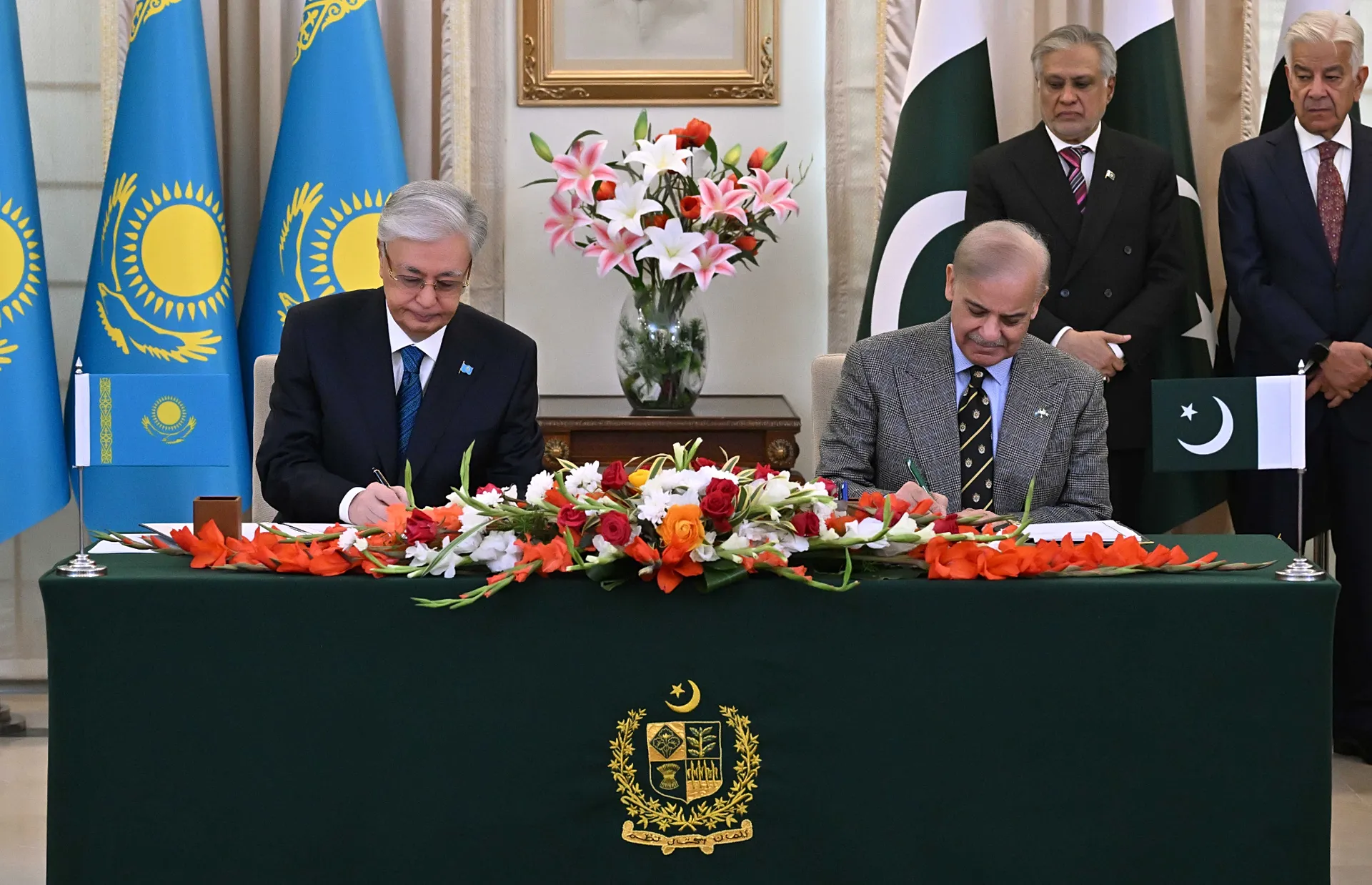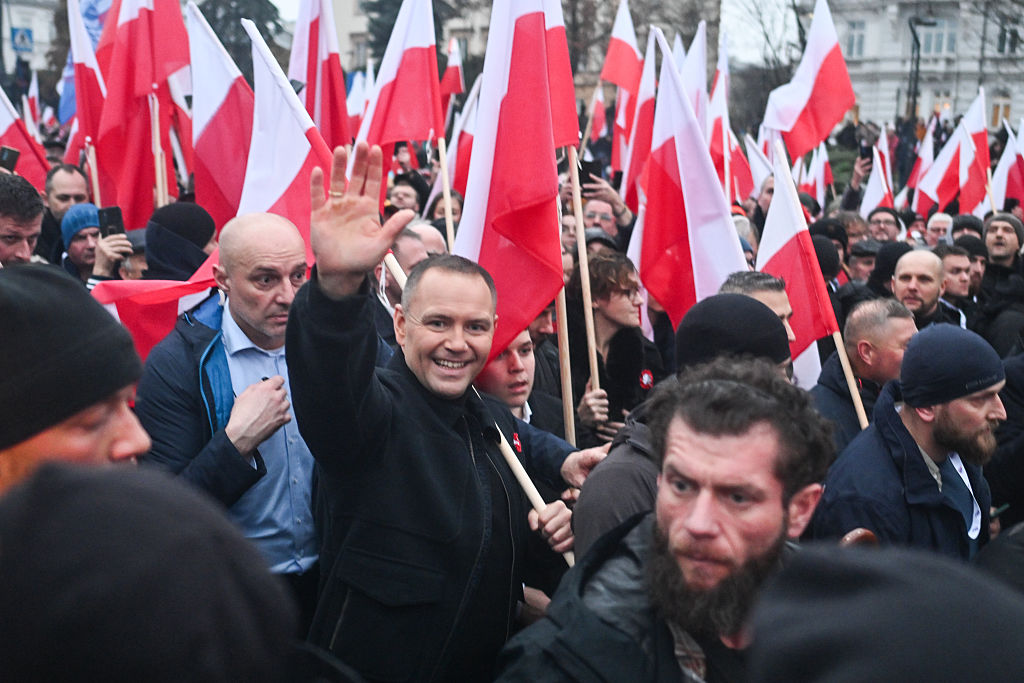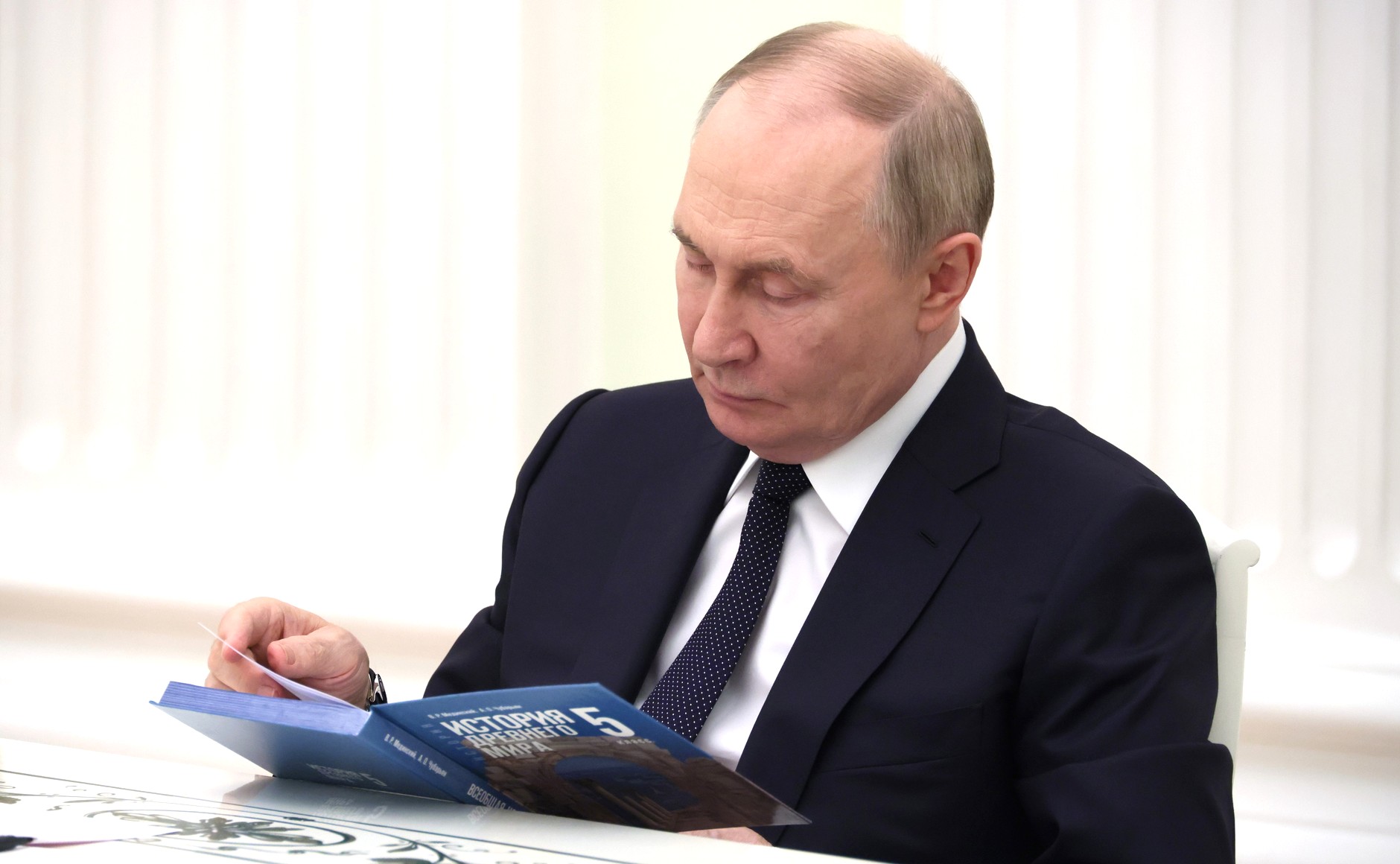DISPUTES AGREEMENT SIGNED BY KOSOVO ALBANIANS.
DISPUTES AGREEMENT SIGNED BY KOSOVO ALBANIANS.
Mayorsky also argued that the peace settlement agreement as signed by Kosovo’s ethnic Albanian negotiators has no legal force. That argument appeared to be based on three factors. First, because the Serbs had not also signed it. And second, because Russia–as one of the mediating parties–had also not endorsed it. But Mayorsky appeared to argue in addition that the peace settlement document was illegitimate because Russia–in this case as one of the six Contact Group members–had earlier refused to agree to the implementation portions contained in the document (Russian agencies, March 18-19).
On that last point, Mayorsky meant that Russia had never endorsed those portions of the peace agreement document stipulating that a NATO peacekeeping contingent would be deployed in Kosovo to implement–or enforce–the settlement. It is on that basis also that Russia has urged Belgrade to sign the political portions of the peace agreement–which would grant Kosovo considerable autonomy–while in no way committing Belgrade to accept the international peacekeeping force. Authorities in the Yugoslav capital have made clear in any event that they will not agree to the introduction of NATO forces in Kosovo.
Despite its opposition to the NATO implementation plan, Russian diplomatic sources on March 19 reiterated that Moscow would hope to take part in any international peacekeeping action that Belgrade might agree to in Kosovo. But, in a demand that might rankle at NATO headquarters, the Russian sources also said that Moscow would play a peacekeeping role in Yugoslavia only if it was “fully involved” in both decision-making related to the peacekeeping mission and in the command structure of the peacekeeping contingent (Russian agencies, March 19).
Russian diplomats, finally, urged NATO on March 19 to drop its threat of military action against Yugoslavia over the Kosovo crisis. An unnamed Foreign Ministry source warned that Russia would freeze its relationship with the alliance in the event of strikes against Belgrade. Moscow would also suspend its involvement in NATO’s Partnership for Peace Program and recall its envoy to NATO headquarters, the source said. The official also joined Mayorsky in characterizing the settlement agreement signed by the Kosovo Albanians as “non-binding” because it had not been signed by all the parties involved in the peace negotiations (Russian agencies, March 19).
EXPLOSION IN NORTH OSSETIA KILLS FIFTY-ONE.


